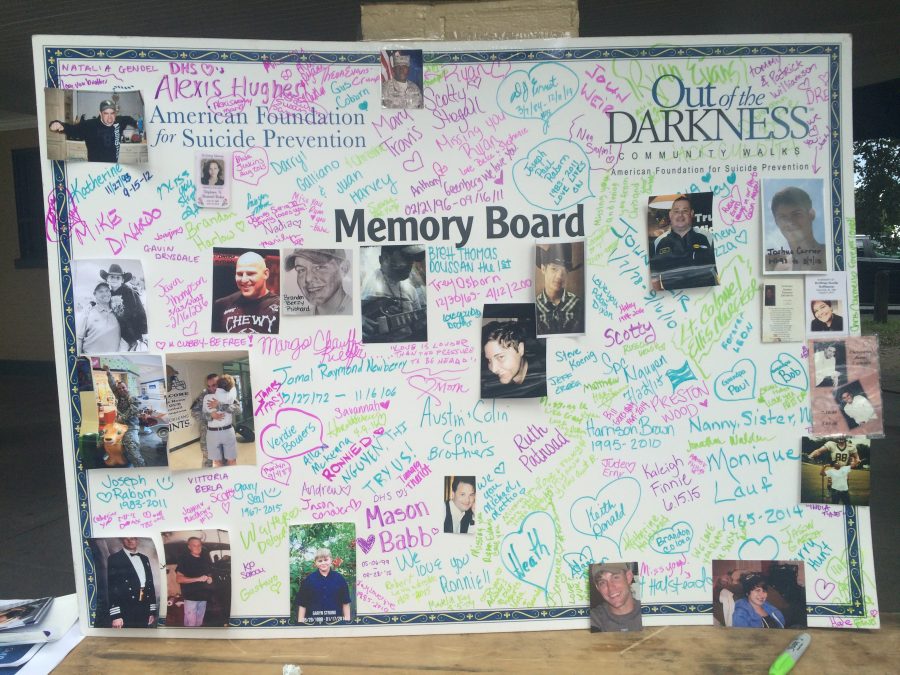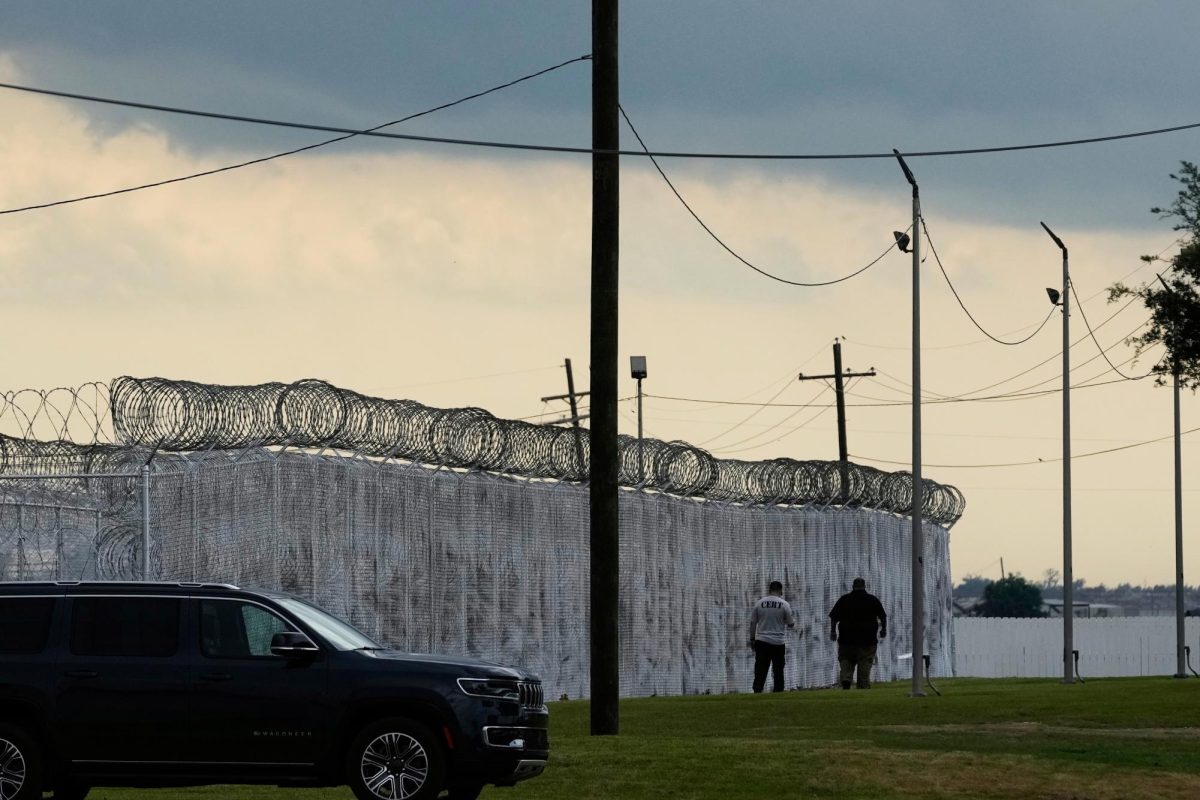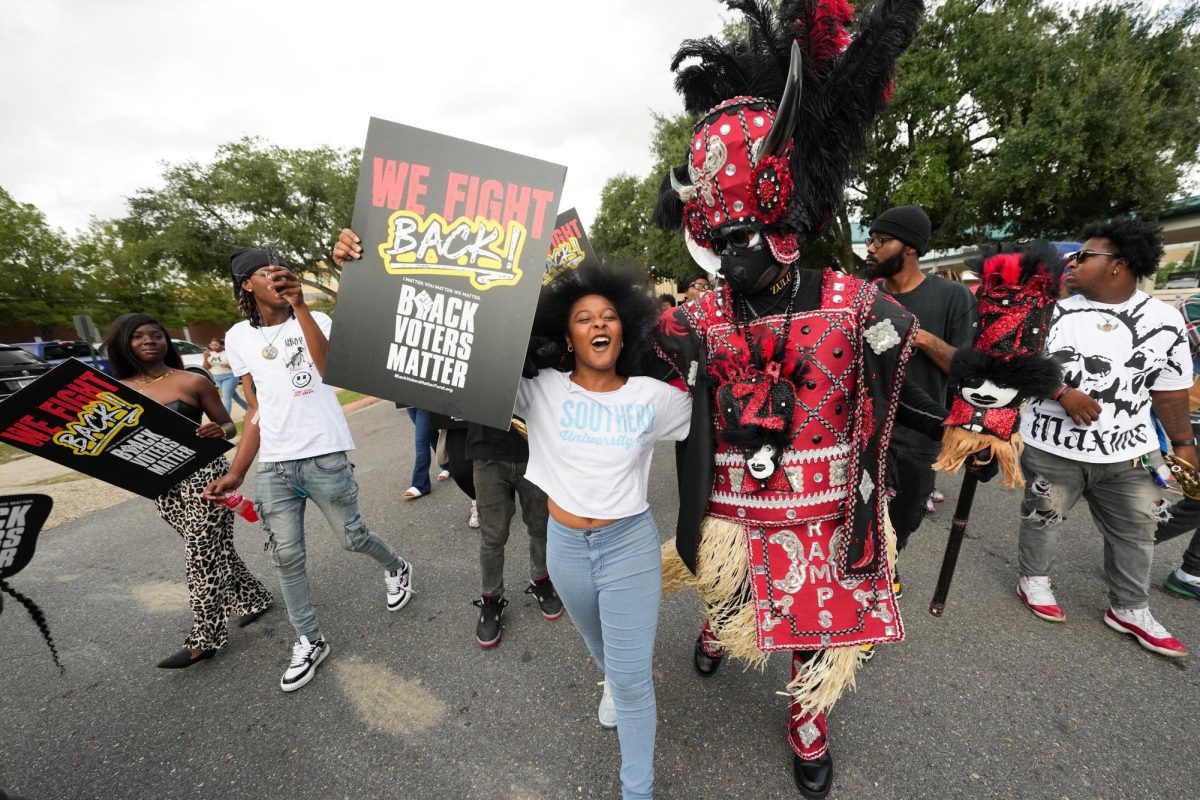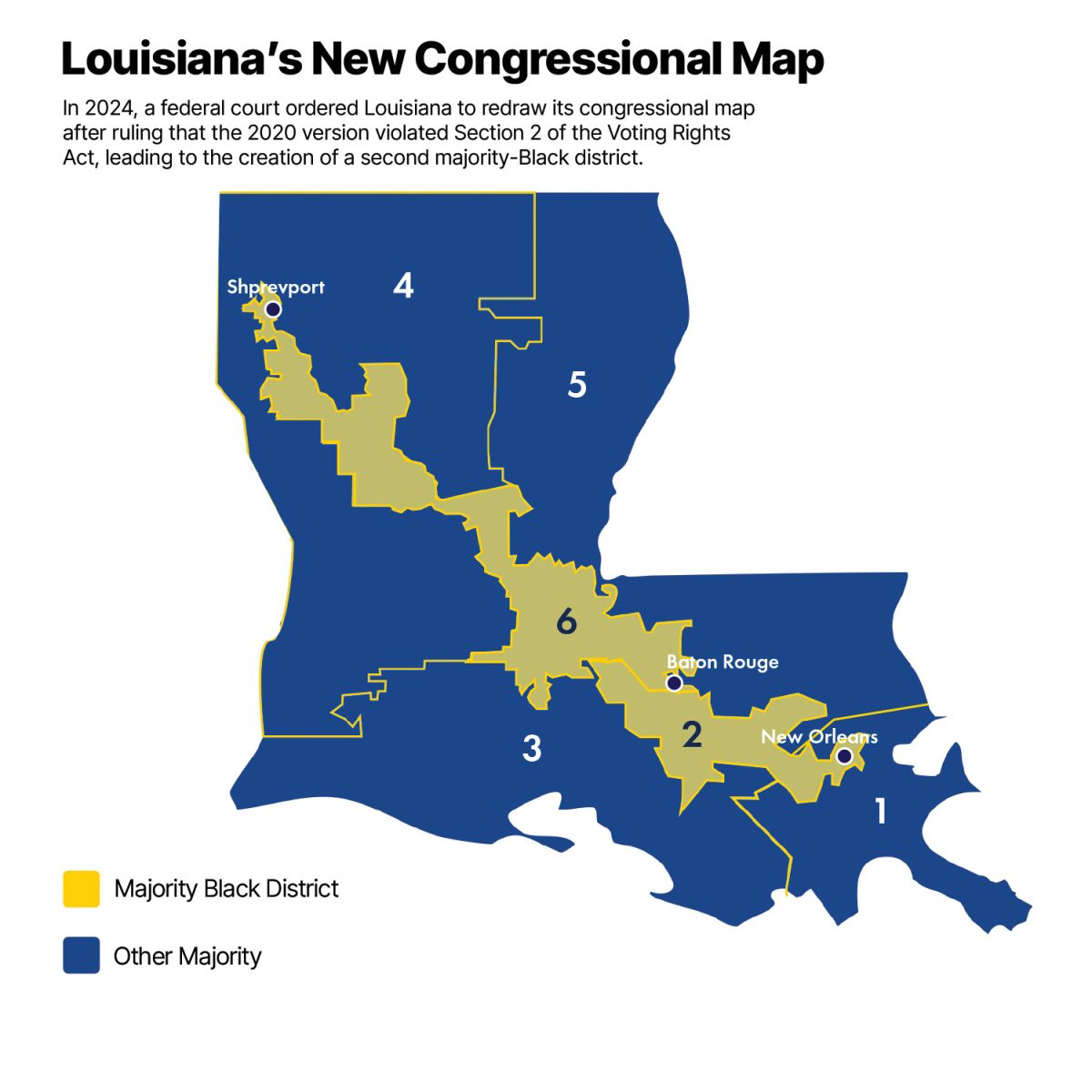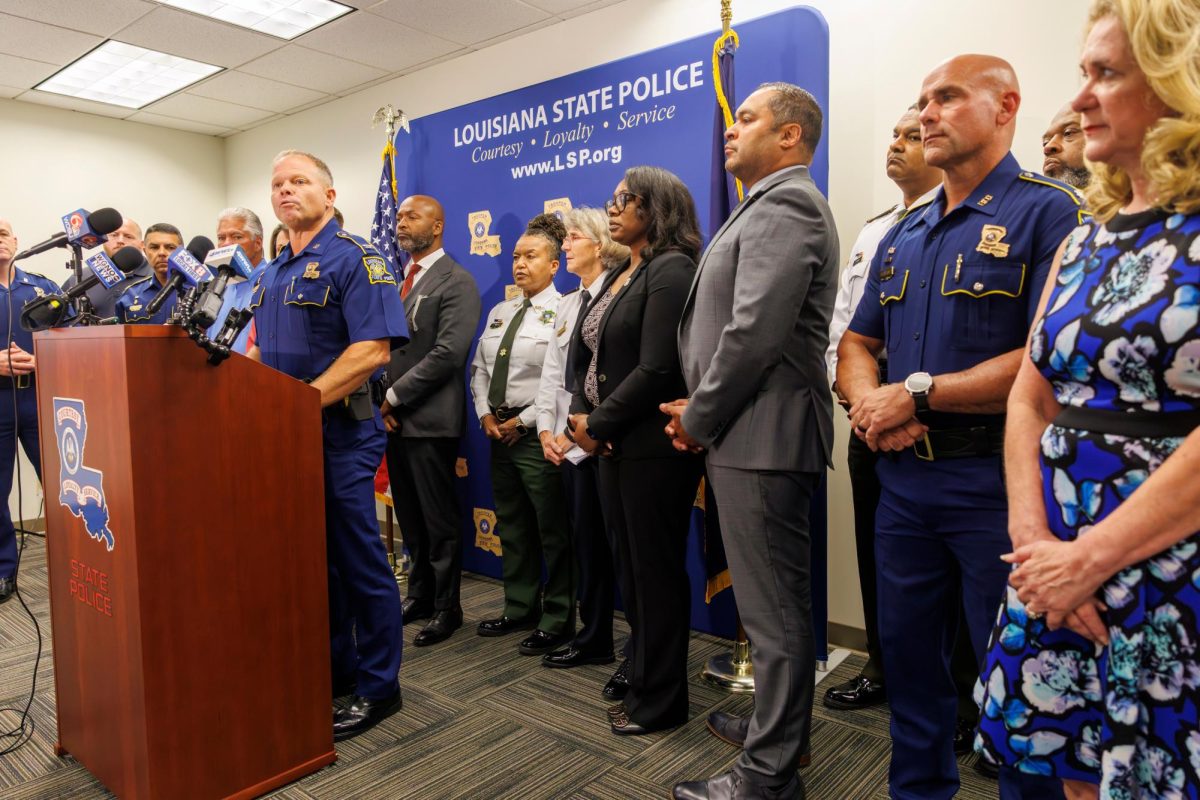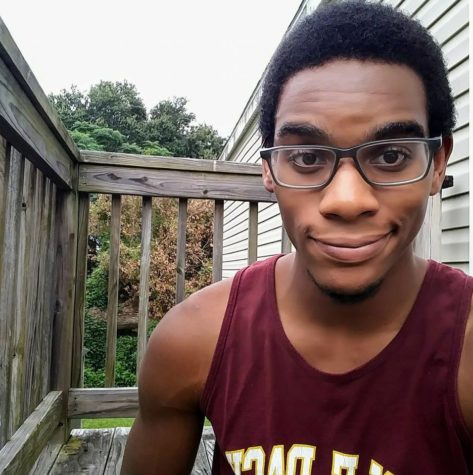Coming to Loyola, English junior Josie Campos knew about mental illness and knew friends that had mental illnesses, but said she still subconsciously did not believe that she could have one. It took her falling off the edge to realize it.
Campos was diagnosed with obsessive compulsive disorder and suffers from social anxiety and chronic depression. Among multiple stressors already, Campos said that the trauma of last semester’s deaths in the community from suicide and substance abuse was triggering, as she continued to have an unhealthy mental state beyond taking a break from the college campus.
“I don’t really remember much of this summer or towards school because my mind was not there,” Campos said.
Campos said what motivated her to get screened for a mental illness was the fact that she was living with multiple stressors.
“Going to college is what triggered my mental illness, and it’s always been there,” she said.
According to Substance Abuse and Mental Health America Services Administration’s 2015 report, out of 67,500 interviews, 21.7 percent of adults aged 18-25 reported they lived with “any mental illness” in the past year, compared to the 17.2 percent of adults aged 26 or older that same year.
Loyola facilitated Campos confronting her own mental illness and also communicating it to others. Campos said she that she found friends at school that she could openly talk with about mental illness so she could develop a support system she didn’t have in high school.
“I was relying on myself but not trusting myself, so it created this hysteria,” Campos said.
When the Loyola community learned of last semester’s tragic deaths, Campos said that that became a stressor and she thought about suicide.
“Me personally suffering from mental depression a lot too, meant very many times having been there, but I just never ever did it because I was also obsessive with religion.”
Shannon Williams, Education Program Administrator in New Orleans for the nonprofit organization National Alliance on Mental Illness, expressed that the impact of such events on mental health in the campus community may be underestimated.
“People don’t really recognize how hard that can be on a community,” Williams said.
Williams believes that students in college today are at a bit of an advantage compared to previous generations in gathering information on mental illnesses. They can go to the internet for what they need to know and become more educated and compassionate when encountering people with illnesses.
Williams said what is even better to know is how to properly give help to those mentally ill and in need, otherwise, she said, people can do more harm than good.
“I think a lot of people will say ‘I know you can make it through,’” Williams said.
According to Williams, this kind of phrase can sound dismissive because it does not acknowledge the personal struggle the person is going through.
“Sometimes people think ‘who am I to have such a hard time on this?’ It’s a valid pain, and people need to be able to work through that,” Williams said.
The first full week of October was established as Mental Illness Awareness Week in 1990, and the national alliance’s New Orleans chapter will host a free and public guest speaker event with Kevin Hines at Trinity Episcopal, located at 1329 Jackson Ave.
“He actually shares his story from being diagnosed with bipolar disorder to attempting suicide by jumping from the Golden Gate bridge,” Williams said.
Campos said that her mental health is stable now, but there is always more awareness to gain about herself, since life goes on.
“You never stop learning about yourself, and your illnesses can change,” Campos said.


